How to Control Rail Pressure in a Gasoline Direct Injection Fuel System
As automobiles continue to become cleaner, higher performing, and more reliable, their designs evolve. One critical system undergoing dramatic change...
Unlock Engineering Insights: Explore Our Technical Articles Now!
Discover a Wealth of Knowledge – Browse Our eBooks, Whitepapers, and More!
Stay Informed and Inspired – View Our Webinars and Videos Today!
Exploring the future of software-defined vehicles through expert insights.
2 min read
Adam Jungkunz, Ph.D.
:
Jun 11, 2018 8:26:00 PM
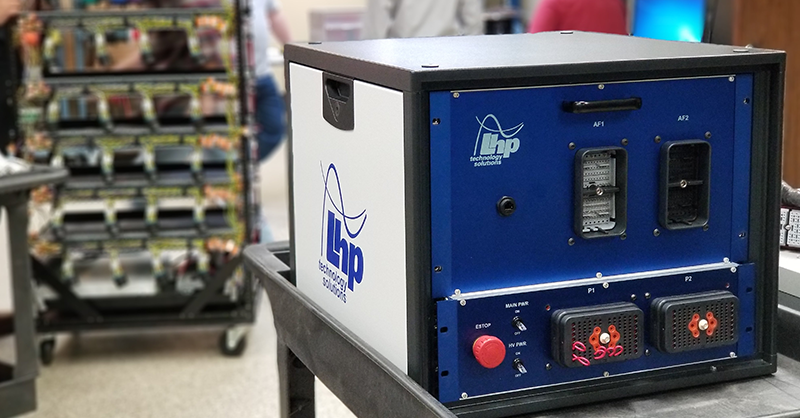
Table of Contents
As fuel costs trend upward and emissions standards tighten across the globe, researchers and engineers are working to optimize vehicle propulsion system performance through key technological advancements such as more efficient user-friendly stop-start systems, hybrid powertrains, and direct fuel injection. To develop these technologies efficiently and effectively, researchers and engineers need flexible control and simulation tools that allow them to take advantage of modern design and control techniques.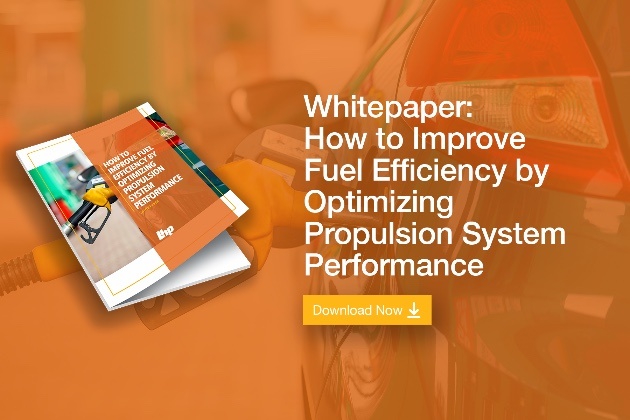
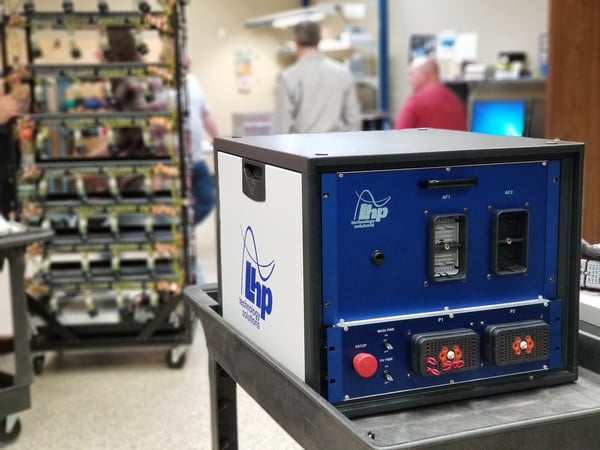
LHP's Engine Control System in the San Antonio, TX Test Lab
LHPTS knows that engineers and researchers working to optimize propulsion system performance need a comprehensive and flexible platform designed to evolve with today’s rapidly changing technology. With LHPTS’ ECS and ECS+, engineers and researchers have full authority over all the I/O going into the engine. There are no black boxes and nothing that is a mystery. Additionally, the ECS and ECS+ are inherently open-source platforms, which means users can easily tweak their tests and do whatever they need to do to improve performance.
Engineers and researchers can also add I/O capabilities nearly limitlessly, as long as NI hardware and software have a way of supporting it. Additionally, through communication protocols such as CAN and RS232, there is a broad spectrum of third-party devices that can be added to any system. This means ECS and ECS+ users can easily upgrade and change their systems as their needs change, protecting their technology investment.
More specifically, one area where engineers and researchers can use a comprehensive LHPTS system is for research involving 48V electrical systems. Today, researchers are actively testing the addition of 48V electrical systems to vehicles to supplement some of the higher power functions typically powered exclusively by 12V batteries. This research is enabling the development of more efficient stop-start systems and lower-cost hybrid powertrains.
For this purpose, LHPTS integrated RoboteQ 48V brushless DC motor control and 48V AC induction motor control capability options into the ECS and ECS+ platforms. This means researchers and engineers can perform tests using 48V electrical systems in vehicles to supplement some of the higher power functions that have typically been powered exclusively by 12V batteries.

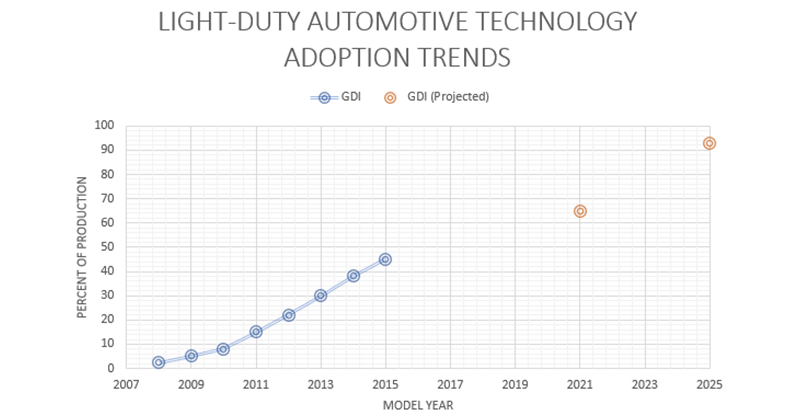
As automobiles continue to become cleaner, higher performing, and more reliable, their designs evolve. One critical system undergoing dramatic change...
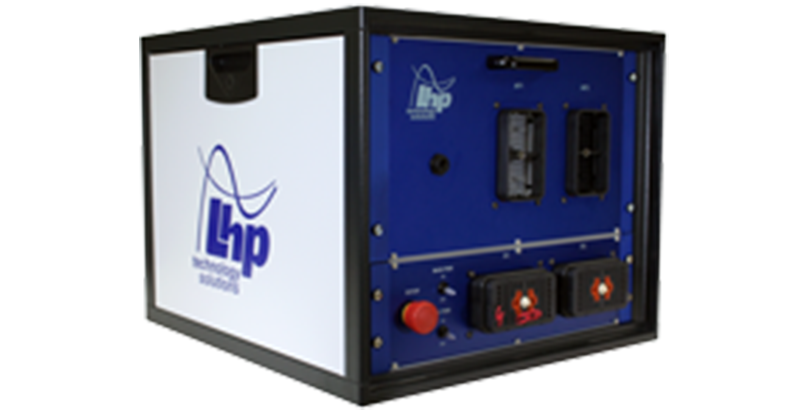
Today, automotive researchers and engineers are constantly evolving their research to optimize propulsion system control technologies for the...
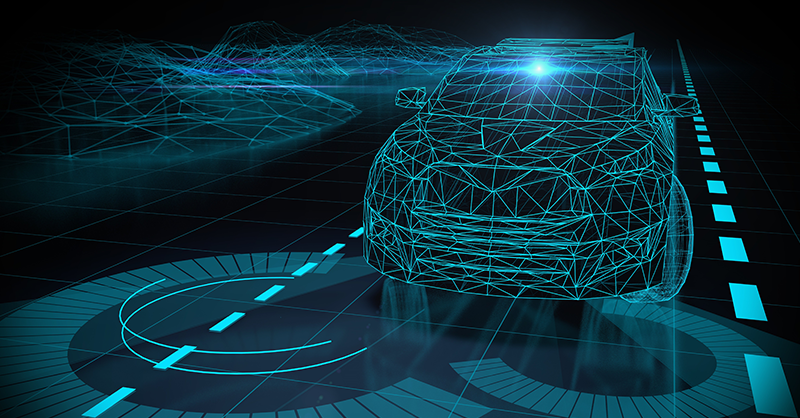
NI Drivven Powertrain Modules, Exclusively sold by LHPTS, an LHP division.